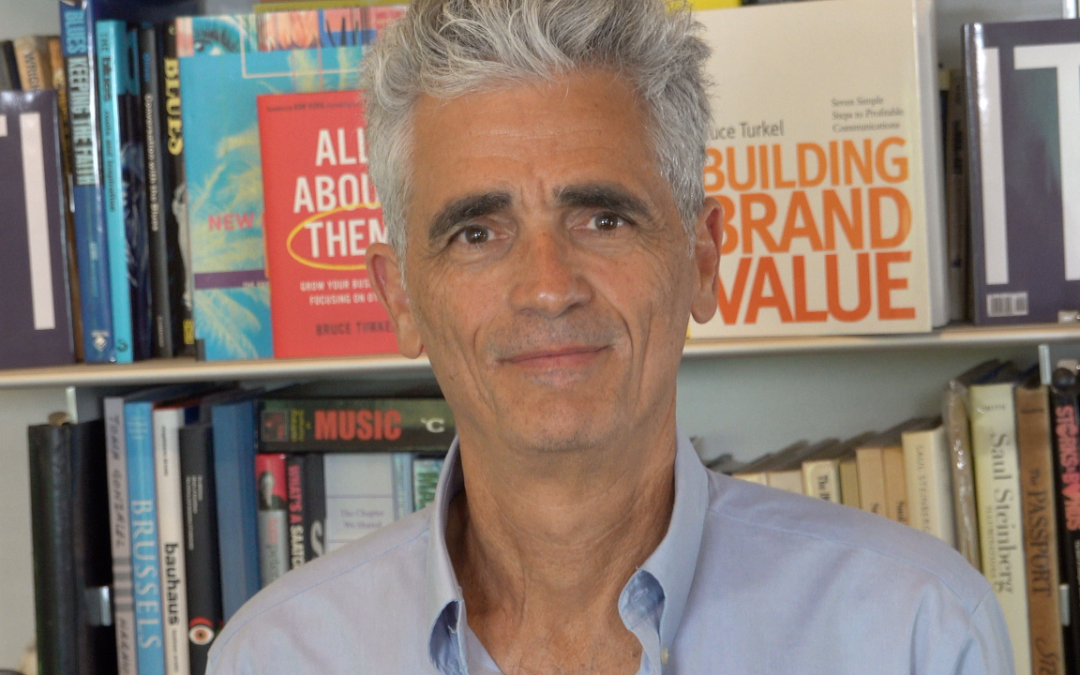Click HERE to watch video.
Get what you want
Want to get what you want? You’re not alone.
Thanks to the popularity of my new book, Is That All There Is‽, lots of people have reached out to me looking for the answer to the title question.
And just like all the people I interviewed in the book, they want to know how to get what they want too.
Of course, before I can give them a meaningful response, I need to know what it is they want in the first place. So I answer their question with this question: “What do you want? See if you can tell me in just a few words, the fewer the better.”
How to get what you want.
Every single person I ask answers with just one of three things. Chances are pretty good that you will too. In fact, before we go on, ask yourself that very question: what do I want? Then write your answer down. Don’t worry, no one else will see it and I won’t put you on the spot and ask you what your answer was. You only have to be honest with yourself here.
Okay, did you do it? Did you write down your reply?
Chances are, you answered with one of three ideas:
- “I want to be rich.”
- “I want to be happy.” Or
- “I want to be fulfilled.”
Sure, you might have used different words to describe your life’s desire, but your answer was most likely about material wealth, contentment, or a sense of purpose.
Congratulations. You’re an incredibly unique human being… just like every other single person I interviewed.
Will you get what you want?
The trouble is, those words – rich, happy, fulfilled – are extremely subjective. They mean very different things to different people.
And how can you actually get what you want if you don’t actually know what it is?
What does “being rich” mean? To some people it means having enough money to never work again. To others it means having enough money to buy houses around the world, fly private aircraft, or give enormous sums to charities or political candidates.
To some it means paying off their mortgage. To some it means putting their kids through school without debt. To others it means paying the rent on time and feeding their families.
How about “being happy?” Does being happy mean you go around smiling all the time? Does it mean you’re always laughing? Does it mean you’re always content? Or does it mean you’re just not sad?”
The same goes for “being fulfilled?” Are we talking about accomplishing your life’s work? Achieving religious or spiritual fulfillment? Knowing what your purpose on the planet is? Is your purpose as grandiose as Steve Jobs’ putting “a dent in the universe”? Mother Theresa’s belief that our purpose is “to love and be loved”? Or maybe Winston Churchill’s belief that we should “live for something”?
The problem with these three directives – being rich, happy, or fulfilled – is that they’re not precise enough to help you chart a path to get what you want. Just like entering a city name in your car’s GPS will not give you directions to the specific hotel you’re planning to vacation at, using nebulous words to identify your desire won’t help accomplish what you want either.
In other words, if you don’t know where you’re going, any road will take you there. But chances are that road won’t help you get what you want.


Bruce ~
It is interesting to read your article both forwards and backwards – paragraph-by-paragraph. It makes sense both ways. (Not word-by-word backwards, that would make NO sense).
It’s really cool how you always make sense no matter how we listen to you.
Are you open to a different slant on your question: “Want to get what you want?”
Asking ourselves, or anyone else, “What do you want?” may focus us in the wrong direction, linguistically. Why? “Want” indicates a lack. “Want” is something missing. “For want of a horse the rider was lost…” “Want” is commonly used, yes, however “want” is blank; it is dark. “Want to get what you want” is double dark (not as good as double dark chocolate).
What if we asked clients, friends, grandkids (et. al.), “What would you like? “How would you like this to look?” “What would you like to do?” “What would you like for your birthday?” This invites a direct answer that focuses us on what could be, or do, or have; rather than on what is missing.
People know what you mean, of course, Bruce. This is just a linguistic thing; just a thought for your consideration.
OX
Thomas
919-552-6161